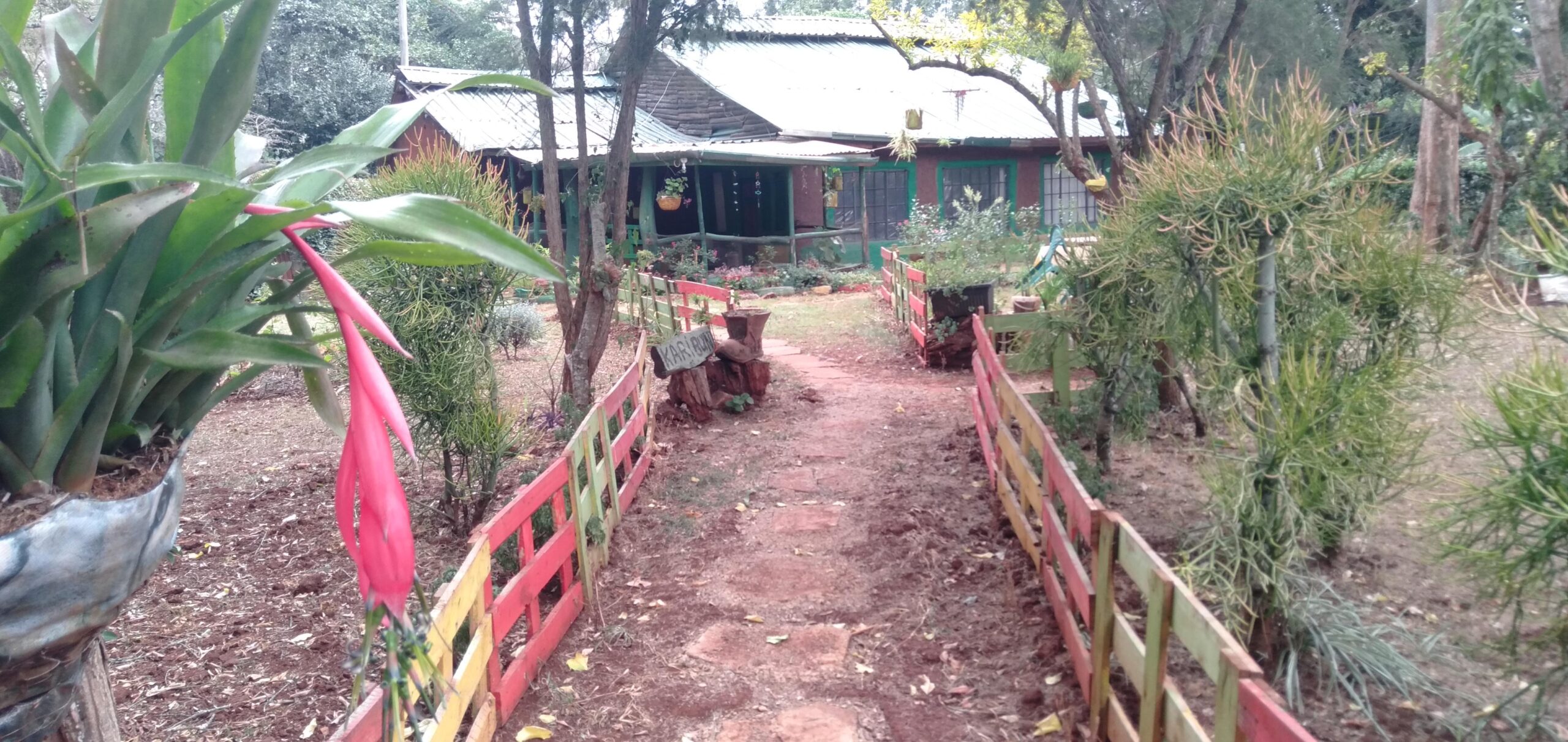Are you in an emotionally abusive relationship? If you’re thinking you might be, then you
probably are!
“ My blood pressure was very high. There were days I felt I couldn’t breathe when we’d
engage in conversation – which more often than not, involved being shouted at,
undermined or being told how I was full of ‘drama’. Everything was a fight and I was
always the looser. He knew it all, and set himself up to alays compete with me. He knew
the ‘rules’ of the game.I didn’t.”
He just knew that he was the most important person in our marriage, more important
than our off spring. He had an unreasonably high sense of his importance. The
home,land, car and all that belonged to the family was always “mine” i.e his. Never mind
that we were married.For some reason he lacked the ability to understand or care about
my feelings.
He needed and would always seek attention, even when I would have my girlfriend’s
over-he’d suddenly appear and take over the conversations. He desperately needed to
be admired. His way of being better than others – was to stay feel good about himself
was by always putting me down. To him, I was the ‘stupid cow’. I hadnt realised just
how much emotional abuse had gone on in our marriage until I left the marriage”
Sound familiar? Being in an emotionally abusive relationship is extremely oppressive.
The negative impact ripples into all areas of your life, especially your self-esteem or how
you see and feel about yourself as a person. It affects your emotions and physical
health. Emotional abuse can be incredibly hard to spot—even in your own relationship.
So how can you tell of you are in an emotional abusive relationship? In this article, we
shall go through the signs (also known as red flags) to indicate if you are in an
emotionally abusive relationship, and what you can do if you are in this situation.
How to know if you are in an emotionally abusive relationship
Emotional abuse is often behavior that allows the abusive partner to exert power or
control by being demeaning or invalidating, or preventing you partner from doing things
you’d like to do – or putting whatever you do down, like spending time with friends and
family, or having a say in household finances, or putting you down in any projects you
engage in. “ my now ex- couldn’t stand my engaging in things I loved to do, like
gardening or even buying plants”.
Emotional abuse can also happen under the guise of "teasing," "joking," or "telling it like
it is ". Since emotional abuse may be harder to spot than physical trauma, here's what
different types of emotional abuse might look like:
Humiliation: Have you been humiliated in public time and time again? One way that
your partner can be emotionally abusive is through humiliating you in public or in the
privacy of your home. Perhaps they’re always making jokes at your expense, or maybe
they make a habit of criticizing you in front of people.
Whatever the comment is or where it’s made, it has an underlying intent is to make you
feel bad about yourself, not only in the moment, but do long-term damage to your self-
esteem, in order to cheapen your feelings of self-worth.
This is a power move aimed at making you feel as if you're not capable of something, or
you're not worth or worthy of attention or respect from others or your partner.
Denial : This strategy is used to instill doubt in you.” When I’d let him know some of the
hurtful things he’d said to me, he’d tell me to stop exaggerating.”
This is using the denial tactic. Abusers might refuse to accept that they said the
comment in the first place. Or perhaps when you confront them for isolating you from
friends or family, they try to make you believe it's your fault that your family don't want to
see you more often.
Suddenly, the truth seems foggy. “I began to feel as though I was going mad!”.
Ultimately, the point of denial is to make you doubt yourself and your own perception of
the world, forcing you to rely on them for thoughts or explanations. They see
themselves as your source of "truth," leading to an unhealthy pattern of self-doubt.
Criticism: If your partner is constantly putting you down, you're likely in an emotionally
abusive and toxic relationship. The criticism is insidious. Drip drip drip…it goes on and
on. Little by little, the harassment crushes your self-esteem.
It might look like them saying that the things you say or do, are worthless, or perhaps
they’re commenting negatively on your appearance. The more you hear that, the more
you start to believe it's true (even though it’s not). When you believe it’s true, you might
start to think that your partner is the only person you have in your life, or that you’re not
worthy of a better relationship. This hooks you into believing that your not worthy of a
loving caringg relationship – so ‘at least you have them’, which is better than being
alone.
Control : Then there is the control. “ When we were apart, he’d call me four five times a
day. Not saying anything. Wanting to know where I was and with whom….Sometimes
he’d ask to speak to the people I was with…”
Your partner might be controlling if they often try to find out where you are and with
whom. Sometimes they limit what you’re allowed to do day-to-day. You might hear a lot
from your partner about what you "can’t" do, along with lots of rigid boundaries that you
do not agree with, but feel you must comply with so as not to upset them. Control is a
way to keep you in check.
It extends to all aspects of your life, such as who you can see and where you can go.
Your partner might even look at your phone to double check that you’re adhering to the
rules they’ve put in place.
I am reminded of the well known play ‘A doll’s house’ – where the wife of the home, was
not allowed to ‘think’ for herself. When her husband lost his job, she took the initiative to
find a job somthat she could support the family. That was the end of their marriage. He
couldn’t deal with what she had ‘doe to him’.
Accusations and Blame: You may be in a situation where, out of the blue, your
partner throws endless accusations at you, for example for being unfaithful to him. This
is another sign of emotional abuse in the relationship. Most of the time, a partner who is
constantly dolling out these complaints is feeling their own guilt and shame as I know
my ex used to do. For them to deal with what they are doing e.g adultery, they’re going
to project it onto you, by accusing you of committing adultery. This gives them a sense
of regaining control.
Codependence: This is the ultimate goal – to get you to be totally dependent on
them in all ways. In an emotionally abusive relationship, codependence can work two
ways. For some people, their abuser makes it so that they are completely dependent on
them for all their needs: Finances, friendship, emotional support, shelter, and more –
giving them the ultimate control over you. “ my ex husband used to tell me, when we get
back to kenya, you’ll never have to work again.”
In other cases, your partner is being emotionally abusive in that they are completely
dependent on you. Perhaps they make you put their needs before your own all the time,
such as "making you finance their projects, maybe their car, before you pay your rent.
Overall, codependence can manifest in a variety of ways—but it typically means that the
relationship is often a symbiotic relationship foe example – Parent to Child or Adult to
Child, making it extremly toxic.
Emotional Neglect: Partners who are emotionally neglectful oftentimes don’t have the
capacity to show up emotionally, a trait typical of typical of narcissists. Yet they expect
you to show them compassion and emotion.
When there’s conflict in your relationship, they’ll might self-isolate, leave the house,
refuse to speak with you, and more.It’s possible that they’ll even disappear for days as a
weapon, as if they're attempting to manipulate you into seeking them out or feeling sorry
for them. All in all, emotional neglect is just another way to control you and give them
the upper hand in your relationship.
Isolation: Then there is the isolation. Abusive relationships are supported by isolation,
this is designed to keep the abuser abusing you, without accountability to anyone o the
outside. Getting an outside perspective on your relationship can help shed some much-
needed light on what’s really happening, which is why the abuser may actively prevent
friends and family from having access to you. At the same time, it can also look
completely different—the abuser may portray you as bad or wrong in an effort to have
family members turn against you, making you feel like you're in the wrong, or that you
don't have a support system.
For you to regain your happiness, you will need to get out of this situation. Many
times, we find the easier option is to stay in these relationships, because it seems
easier than leaving – but also, we don’t want to be ‘on our own’. The longer you stay –
the more the abuse escalates.
Your abuser believes they have you in the palm of their hands that is, and can do
whatever they want with you – because you are not going to leave them.
I hope this resource will help you think your situation through and help you draw a map
for the journey of regaining your life.
PLEASE SHARE
RELATED ITEMS ON OUR BLOG PAGE
The Drama Triangle
Is your relationship full of drama?
Find out how drama is generated in relationships and the different roles we take to
keep the drama going in the relationship. Ongoing drama = toxic relationship.
Getting Out of an Abusive Relationship
Understand that you can get out of an abusive relationship. Otherwise it doesnt get any
better – just worsens.



